acf domain was triggered too early. This is usually an indicator for some code in the plugin or theme running too early. Translations should be loaded at the init action or later. Please see Debugging in WordPress for more information. (This message was added in version 6.7.0.) in /sites/sample-bf.graphem-dev.com/files/wp-includes/functions.php on line 6121spinupwp domain was triggered too early. This is usually an indicator for some code in the plugin or theme running too early. Translations should be loaded at the init action or later. Please see Debugging in WordPress for more information. (This message was added in version 6.7.0.) in /sites/sample-bf.graphem-dev.com/files/wp-includes/functions.php on line 6121unlimited-elements-for-elementor domain was triggered too early. This is usually an indicator for some code in the plugin or theme running too early. Translations should be loaded at the init action or later. Please see Debugging in WordPress for more information. (This message was added in version 6.7.0.) in /sites/sample-bf.graphem-dev.com/files/wp-includes/functions.php on line 6121real-time-auto-find-and-replace domain was triggered too early. This is usually an indicator for some code in the plugin or theme running too early. Translations should be loaded at the init action or later. Please see Debugging in WordPress for more information. (This message was added in version 6.7.0.) in /sites/sample-bf.graphem-dev.com/files/wp-includes/functions.php on line 6121A substrate is an underlying material to which veneers, paints, or resins are applied. Different types of substrates vary in levels of stability, strength, and moisture resistance which should be considered when customizing your finishes.
Medium Density Fibreboard is the BERMANFALK Standard construction material. Most effective in terms of cost, joinery, and how it accepts veneer.
Medium Density Fibreboard - Moisture Resistant is recommended and typically used in high moisture environments or areas where furnitures may be exposed to occasional moisture.
Plywood is a panel composed of cross-banded layers of veneer. It typically replaces MDF in structurally dependent applications, drawer boxes, and sub-tops.
Each piece of furniture is comprised of composite panels, veneer, and solid woods where applicable.
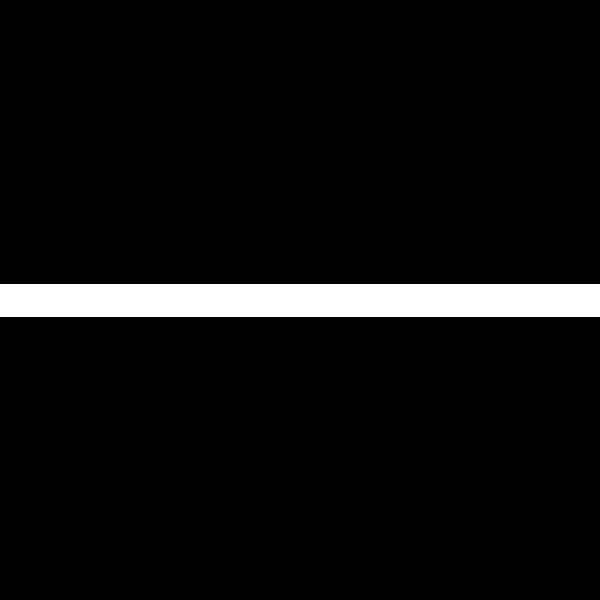
Solid wood is used for durability on impact points and will have natural variation in grain and color.
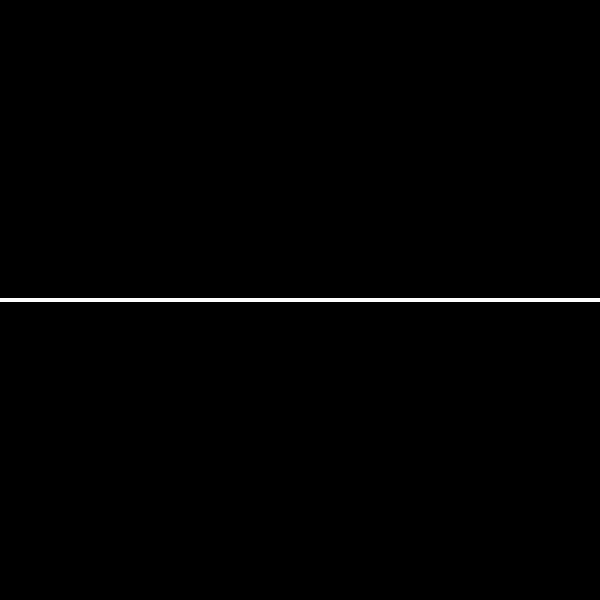
Veneer is a thin sheet of wood that is applied to a substrate to create a wood look. It comes in both natural and engineered variations.
Veneer and solid wood cuts determine the overall appearance of the selected species. Each cut looks different visually and varies in price.
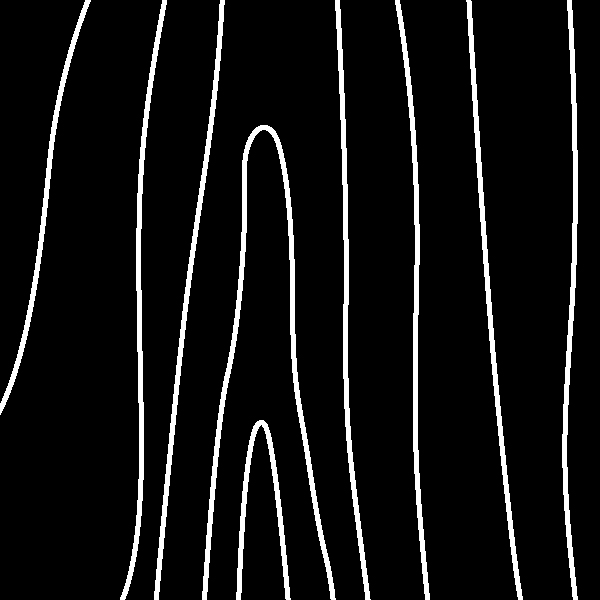
Flat Cut: the grain appears wide with cathedrals and a tighter grain towards the edge of the veneer leaf.
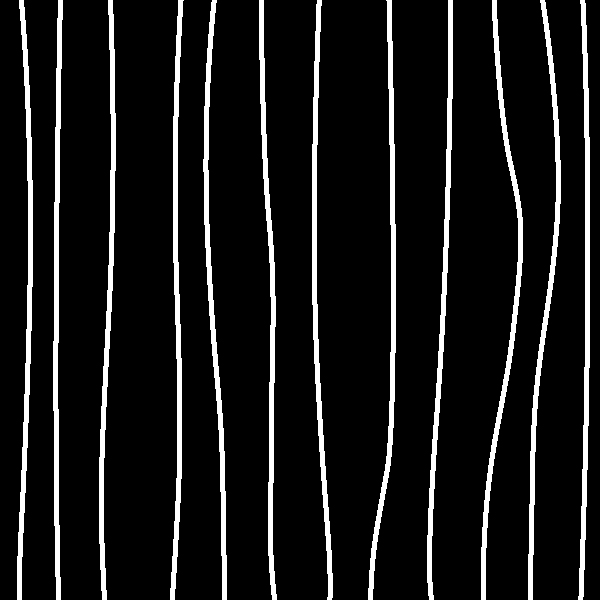
Quarter Cut: veneer with a uniform vertical grain.
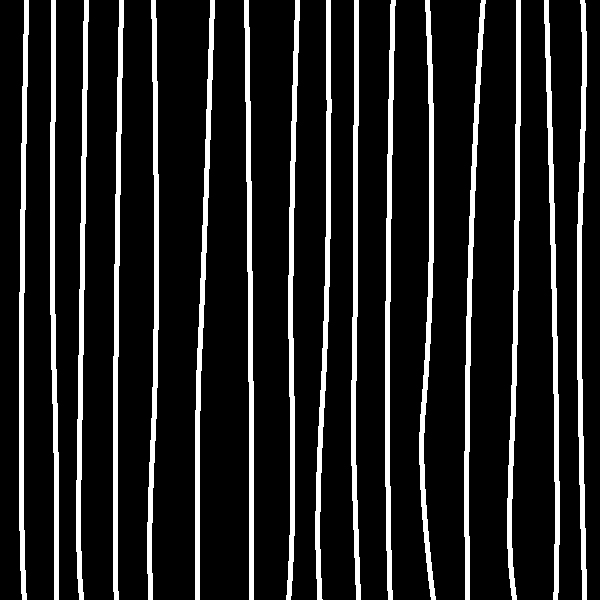
Rift Cut: vertical veneer with a consistent straight, striped grain appearance.
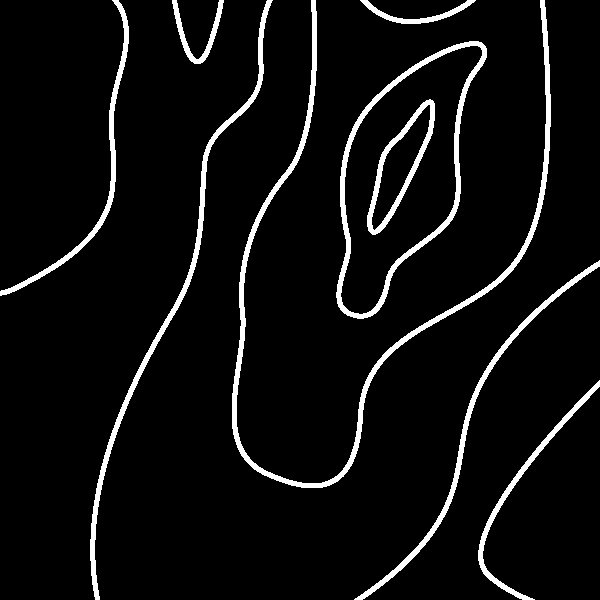
Rotary Cut: veneer with a broad grain pattern with no plain sliced or quartered appearance.
Sheen refers to the units of gloss of the finish. The higher the sheen, the more reflective or glossy the surface will look.

5% Sheen

10% Sheen
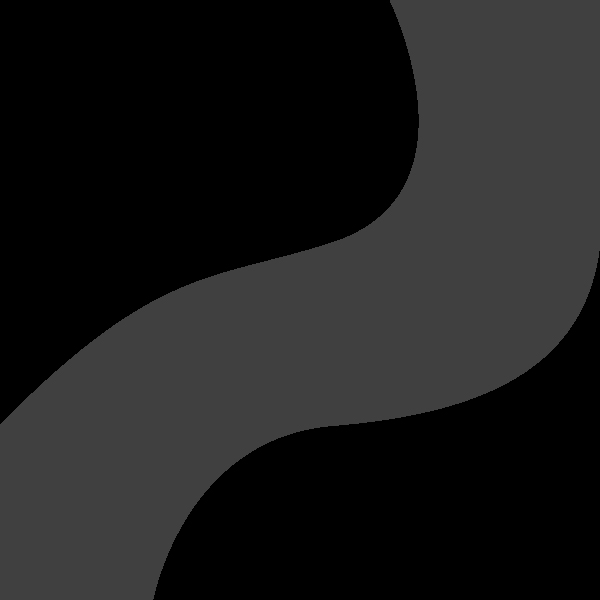
20%-30% Sheen
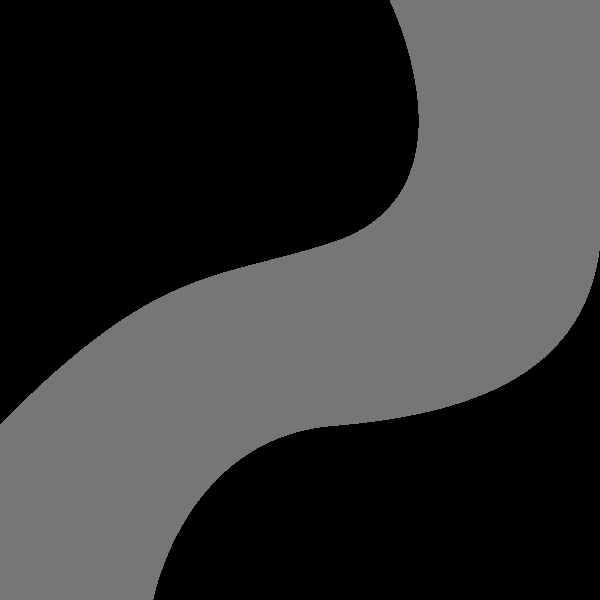
40%-60% Sheen
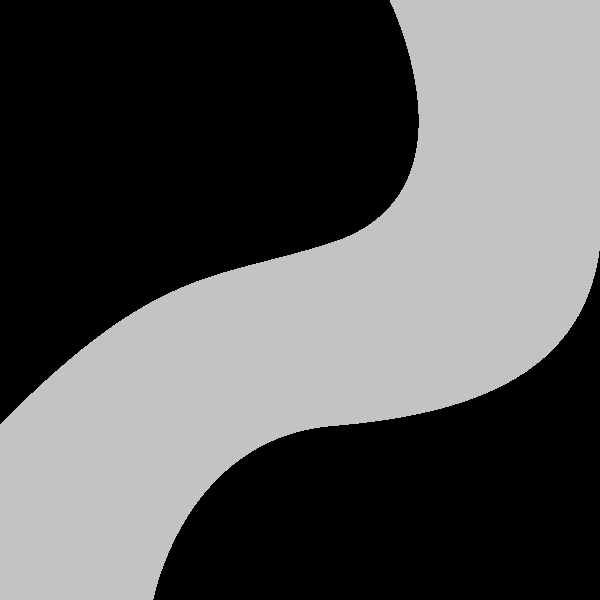
70%-80% Sheen
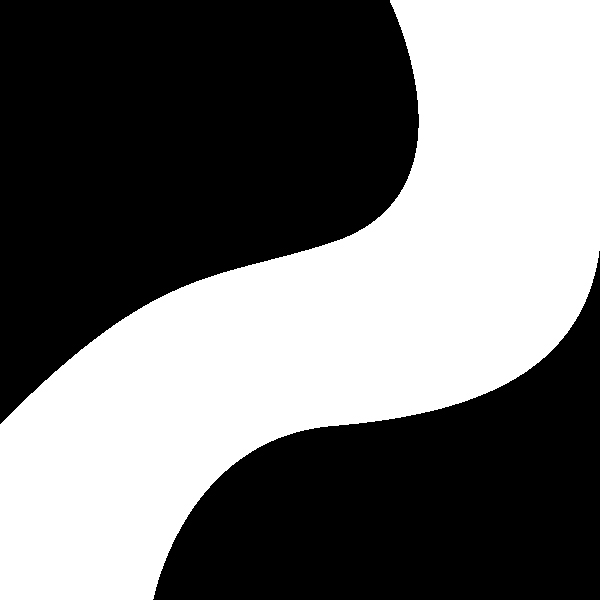
90% Sheen
The grain and pore of a finish refers to the appearance and texture of the surface. We provide three levels of grain and pore fill.
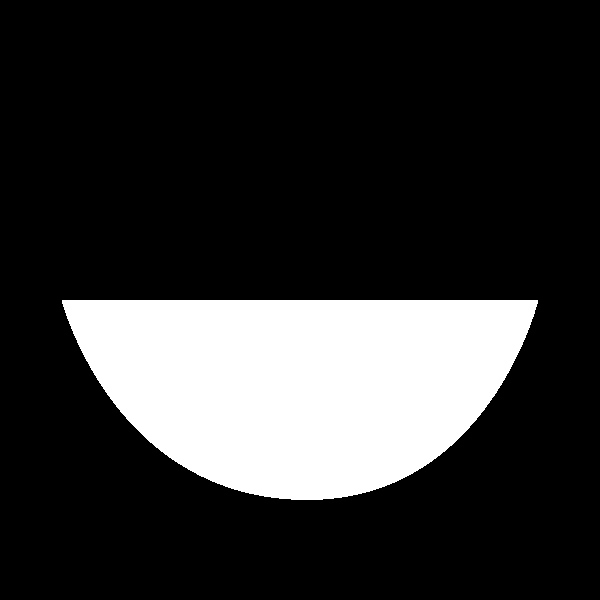
Closed Pore finishes have a filled and even surface.
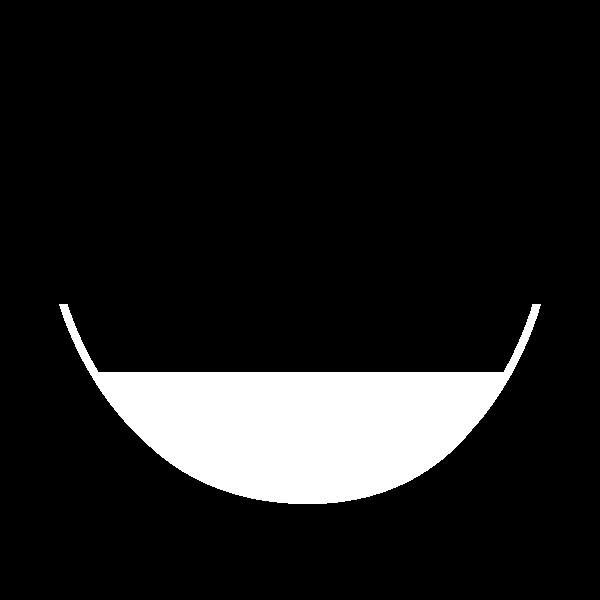
Semi-Open Pore finishes are partially filled, with a slight surface texture.
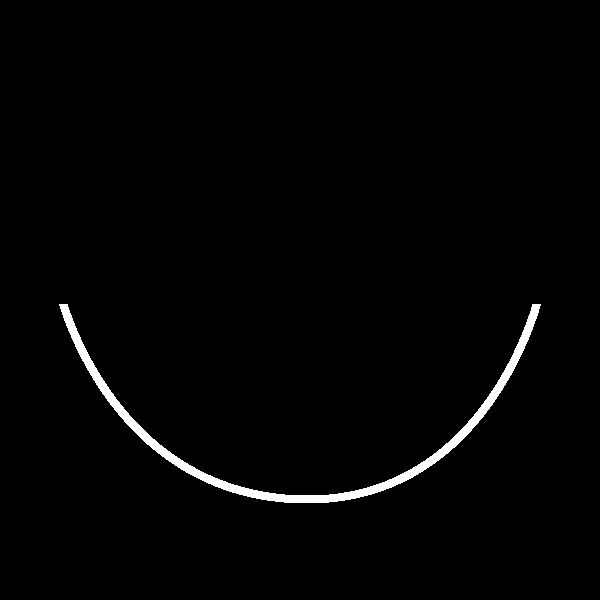
Open Pore finishes have a strong surface texture and the pores are visible.
When customizing your finish, you are able to request a percentage of lighter or darker in any available colour.
There are a variety of effects available to customize your finish visually.
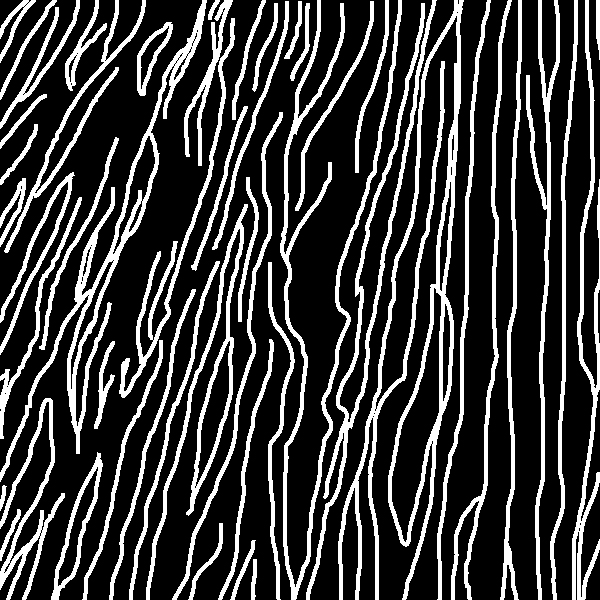
Wire brushing is a texturizing technique that involves a hard-bristled wired brush and scraping the wood finish.
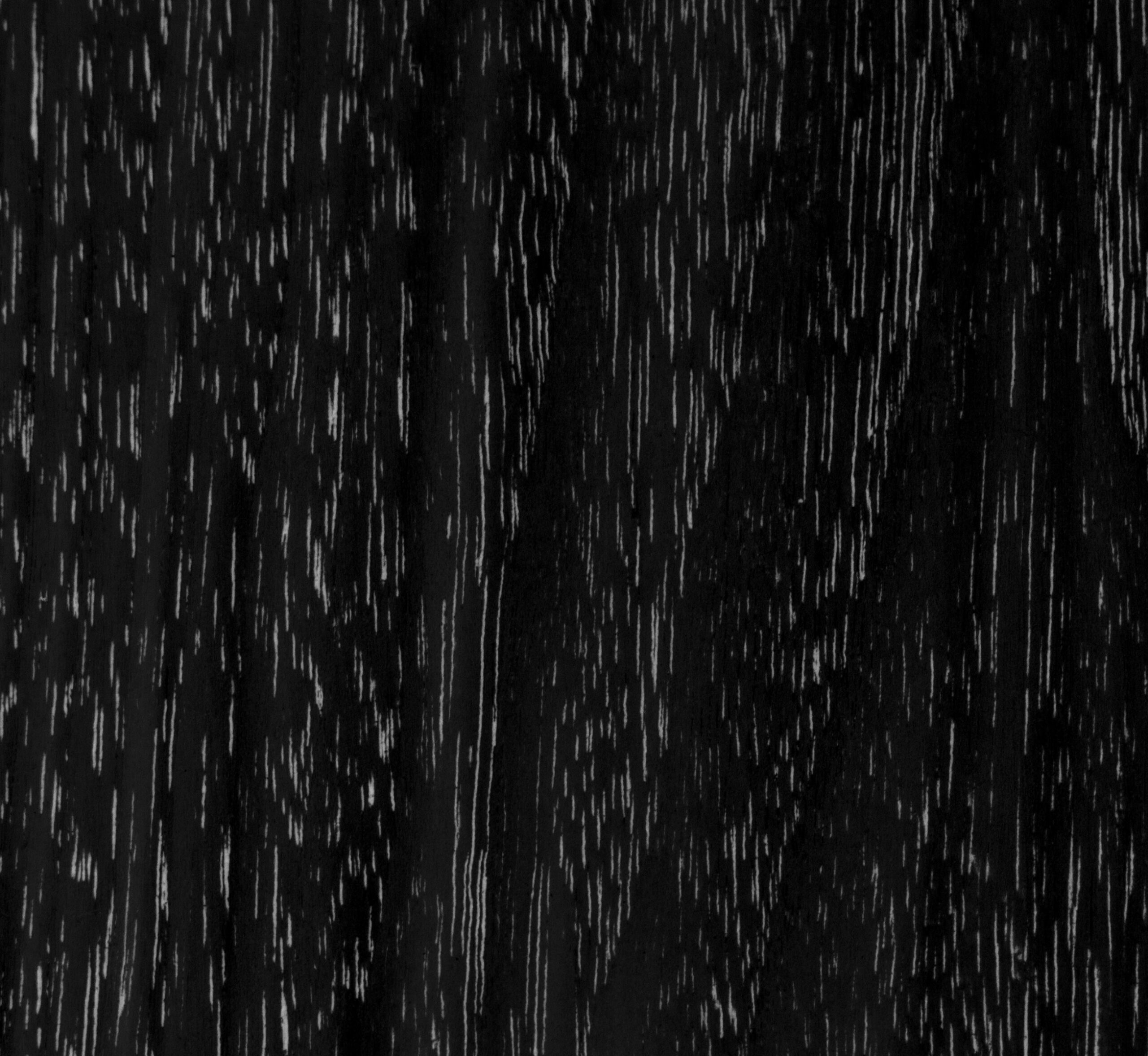
Distressing uses intentional brushing, or scraping of a wood finish to create a worn out or vintage-looking surface.
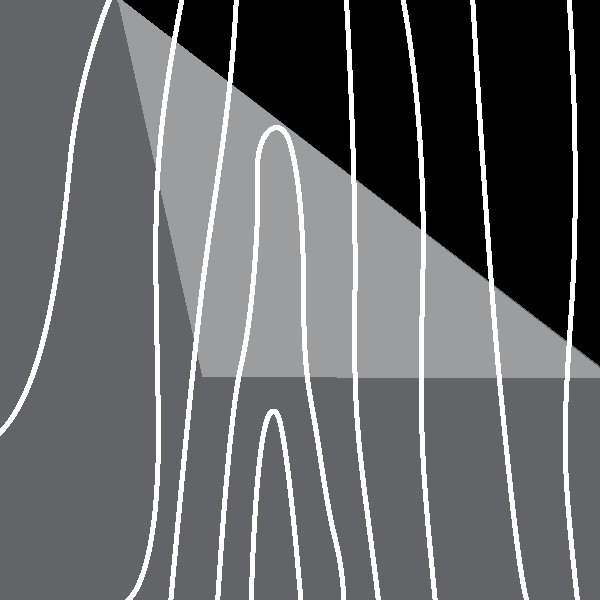
A cerused effect involves the use of liming wax or paint to accentuate the wood finish by the addition of a contrasting colour.
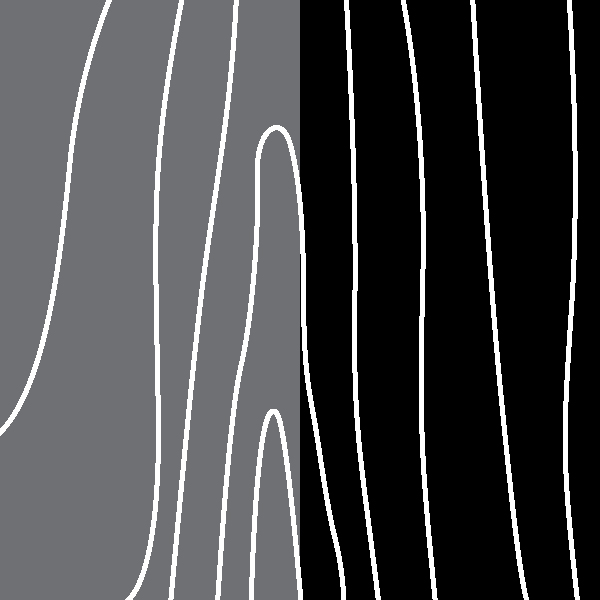
Staining is the alteration of the colour of the wood finish by applying a stain, sometimes for the purpose of evening the tone of the colour.
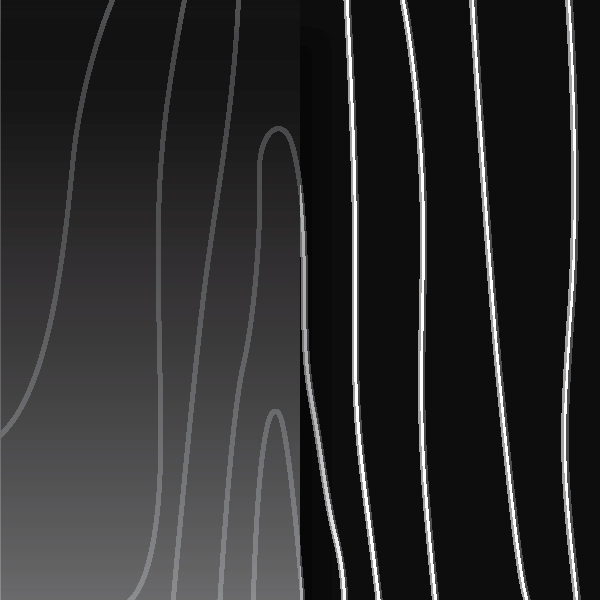
Brushing allows for stained or painted brush strokes to be visible on the finish.
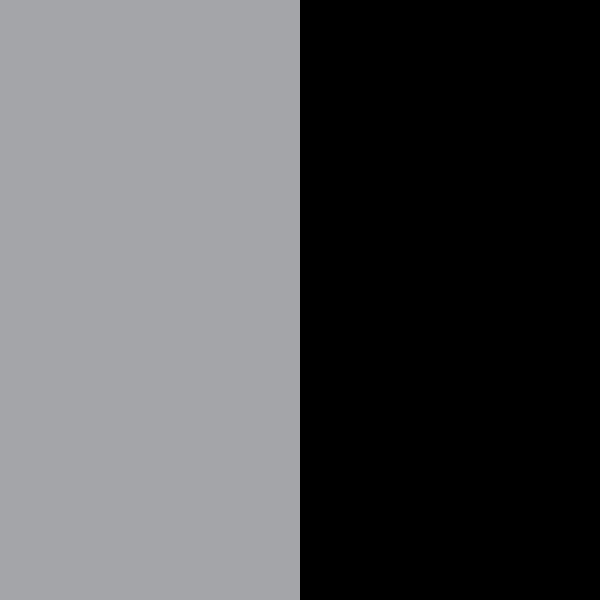
Painted finishes have a high opacity, often a solid color. When applied to solid woods and veneer, it masks the color of the wood while preserving the visible grain and pore.
Don’t see what you envisioned? We would be happy to custom match your control sample, please contact us for more information.
The type of metal used determines the durability and the visual appearance.
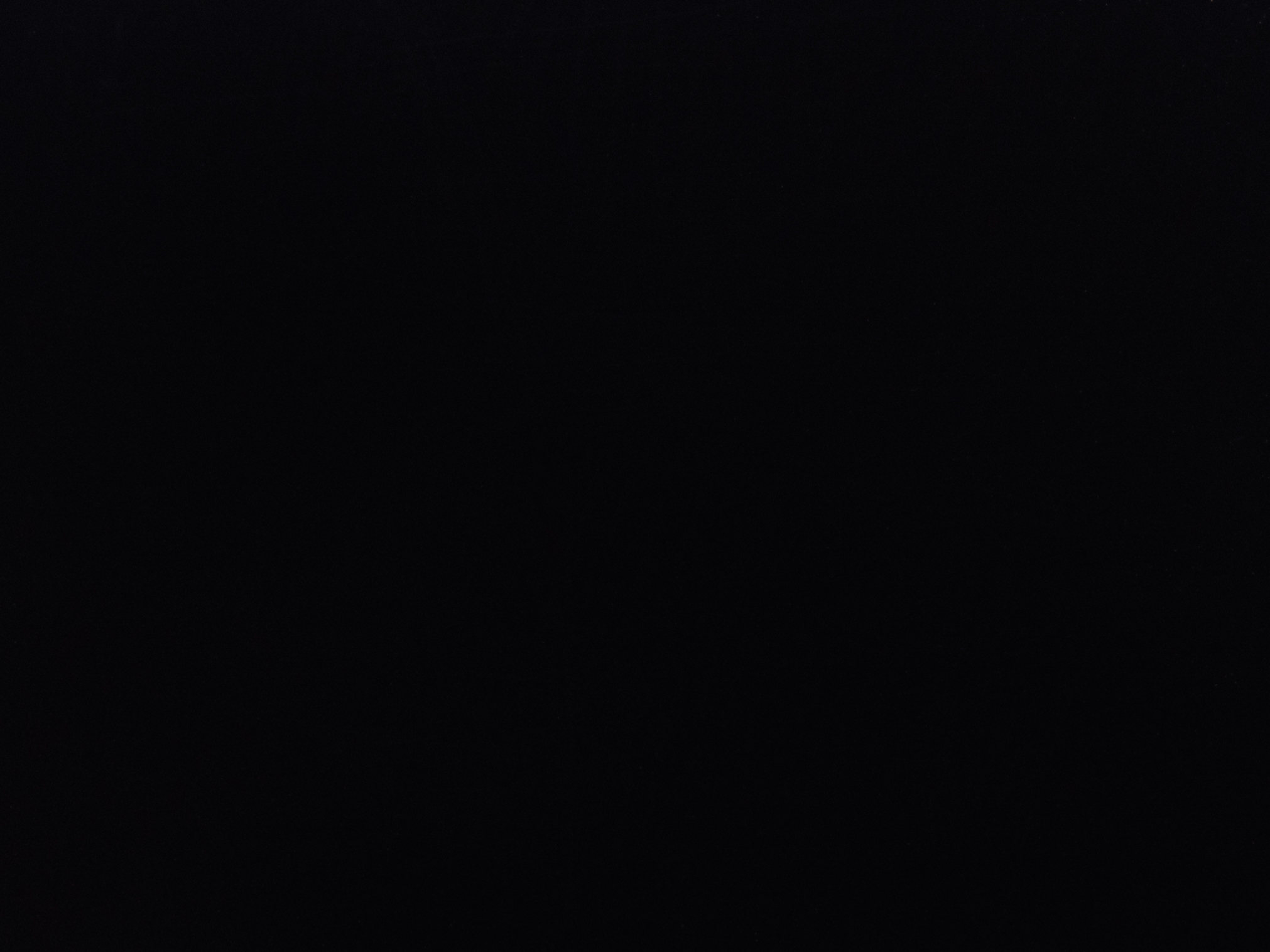
Cold Rolled Steel (CRS) finishes will always be one solid color and normally have a powder coated or polyurethane finish.
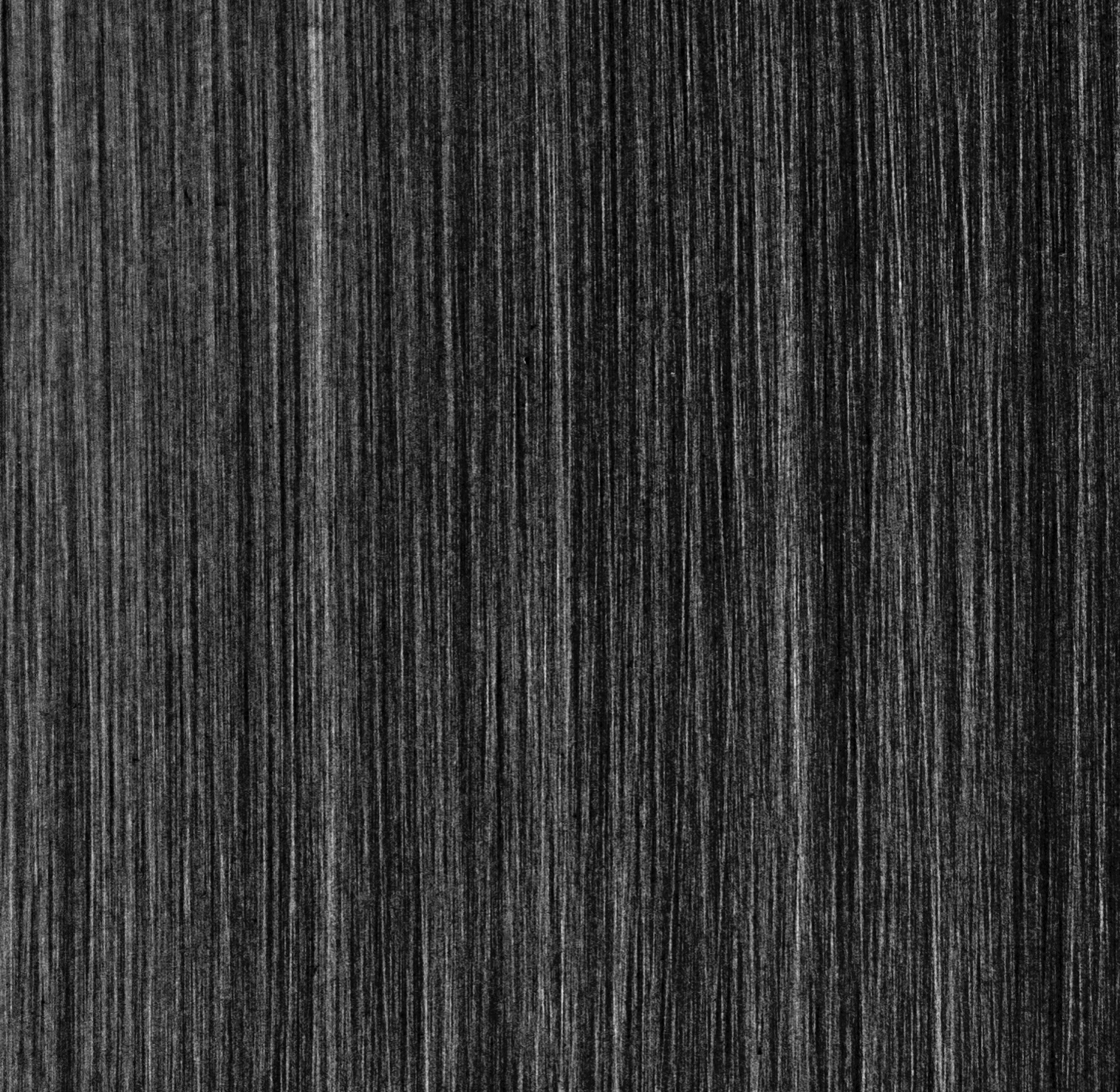
Stainless Steel (SS) can be plated, painted, polished, etc. There are two commonly used grades of SS: 201 SS & 304 SS.
There are a variety of effects available to customize your finish visually.

Painted finishes can be powder-coated or applied by hand from solid colors to custom effects.

Polished finishes provide a very reflective, mirrored effect.
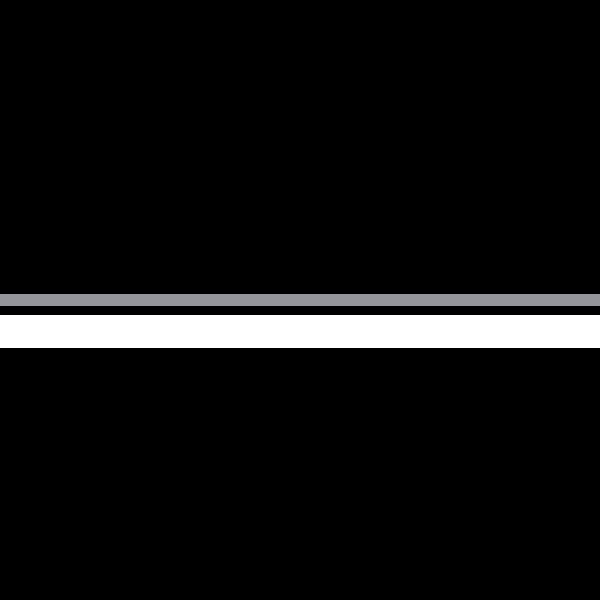
Plating offers cost benefits and added durability for special metal finishes.

Varying degrees of brushing can be achieved through actual surface texture or painting techniques.
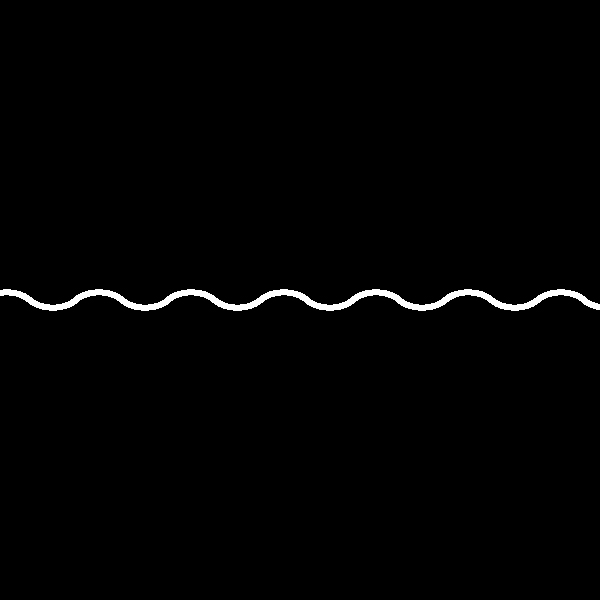
A hammered effect involves the finish looking textured with curves and bumps.
The points discussed previously on sheen, lightness/darkness, and colour apply to metal as well.
Don’t see what you envisioned? We would be happy to custom match your control sample, please contact us for more information.
Each stone has different characteristics including porosity, hardness, durability, stain resistance, and more.
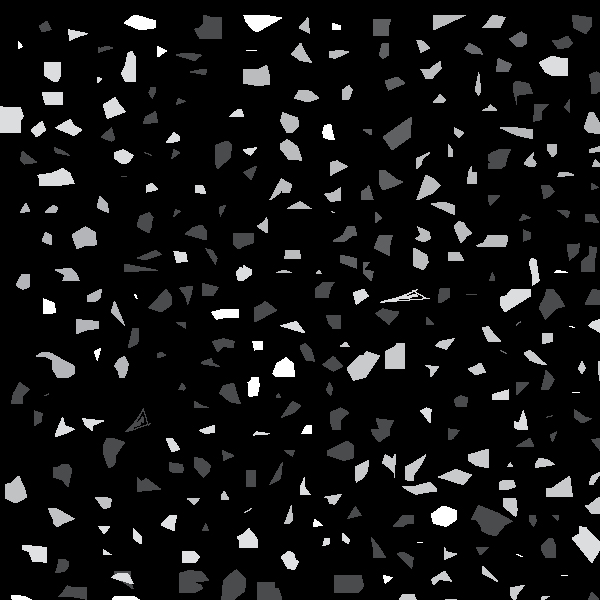
Quartz is an engineered stone. It is the most durable of the stone options and provides excellent resistance to staining and damage at a reasonable cost.
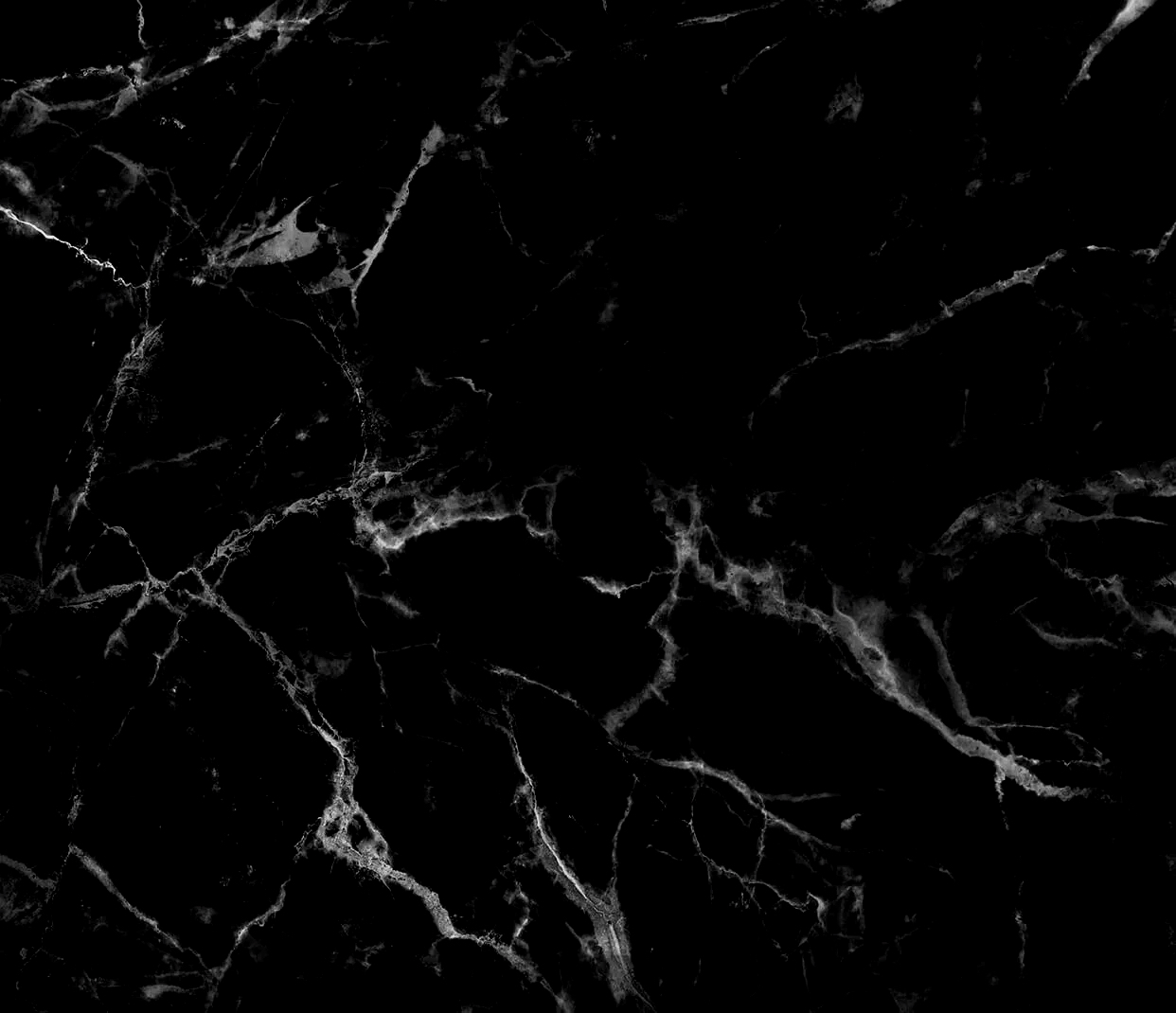
Marble is a natural stone. This means it is softer, more porous, and stains more easily than quartz. It requires regular maintenance and re-sealing.
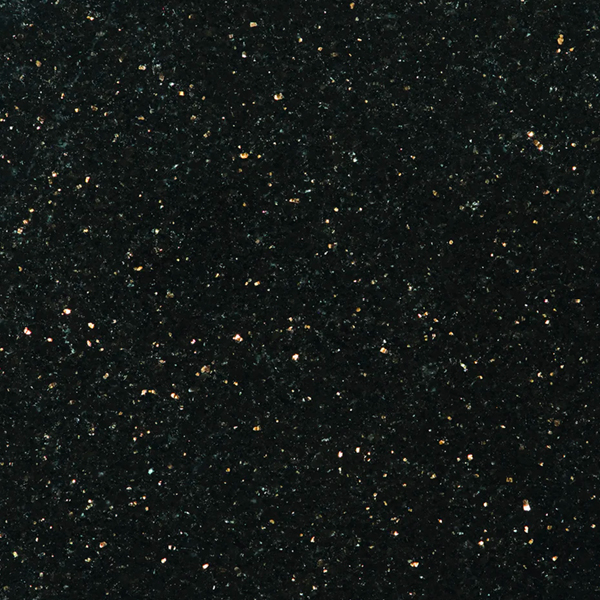
Granite is a natural stone. This means it is softer and more porous. It requires regular maintenance and re-sealing.
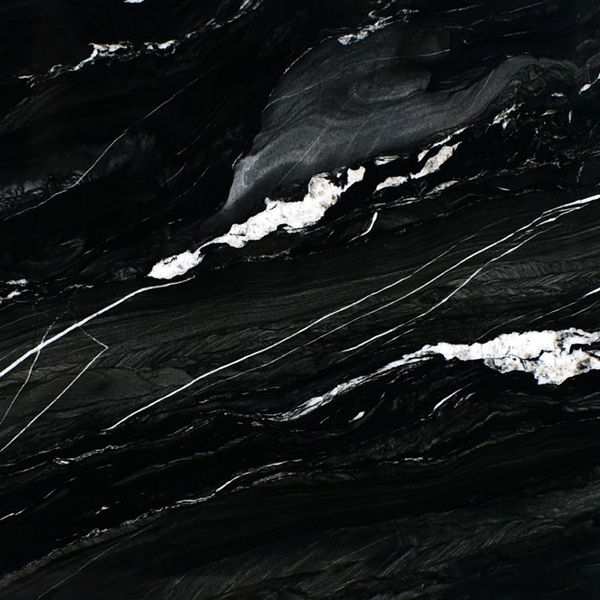
Quartzite is a natural stone. It is porous, therefore it may stain. It requires re-sealing.
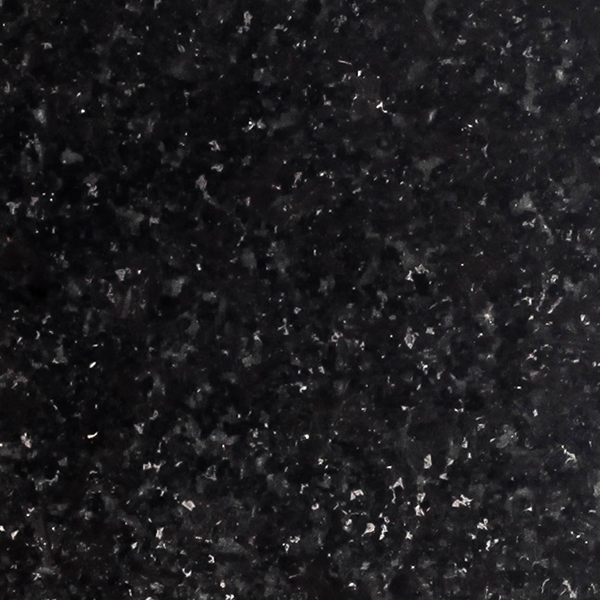
Solid Surface is an engineered stone. It has a low-porosity and visually offers a homogeneous appearance and numerous aesthetic options.
The edge of the marble can be customized to your preference.
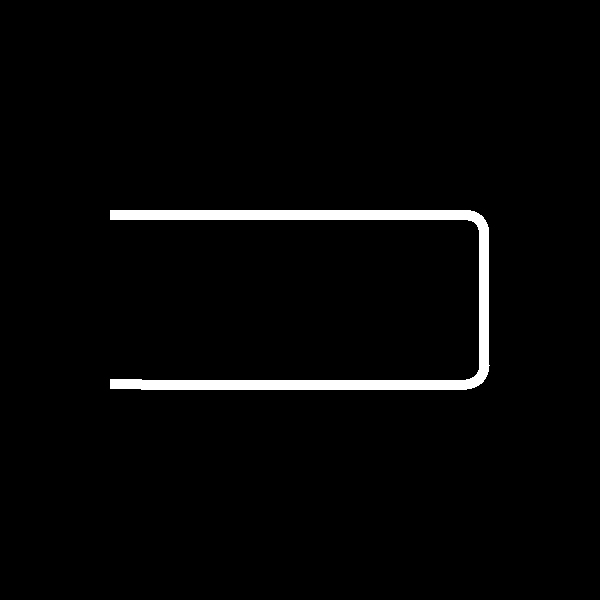
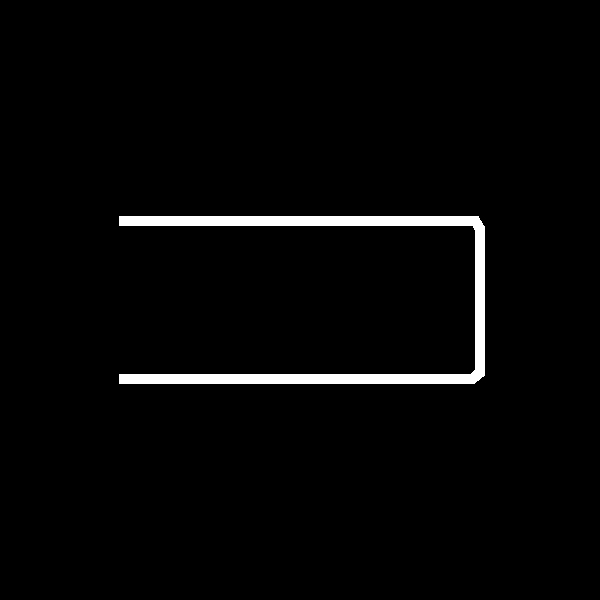
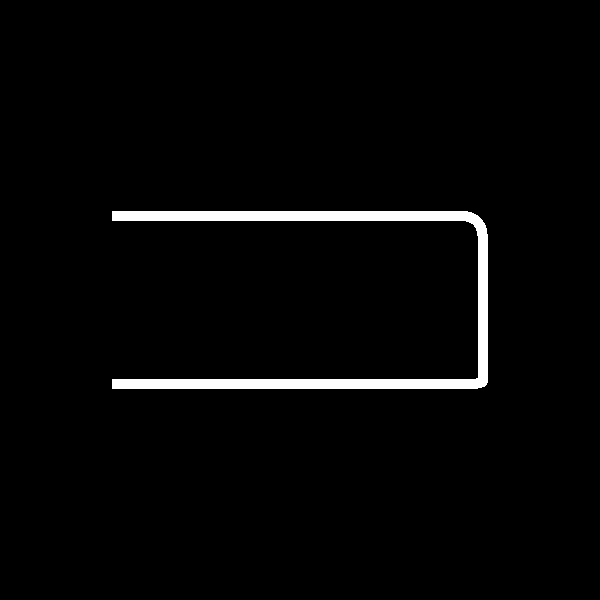
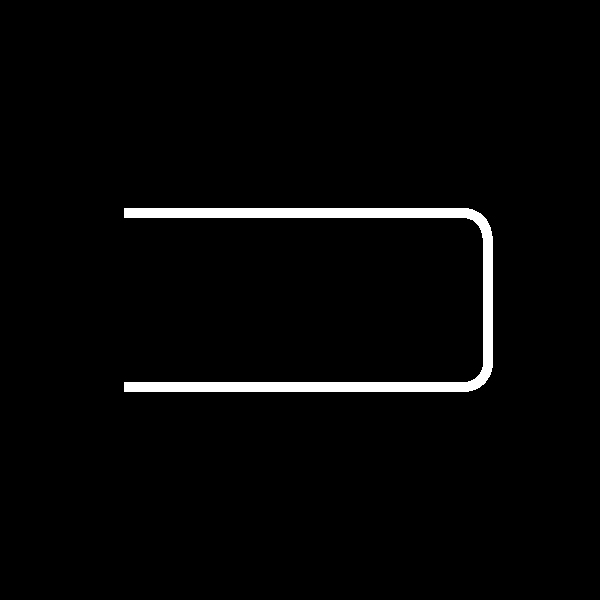
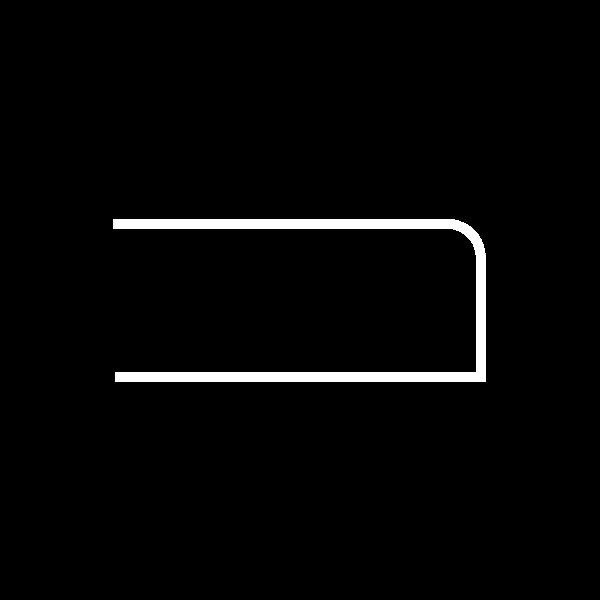
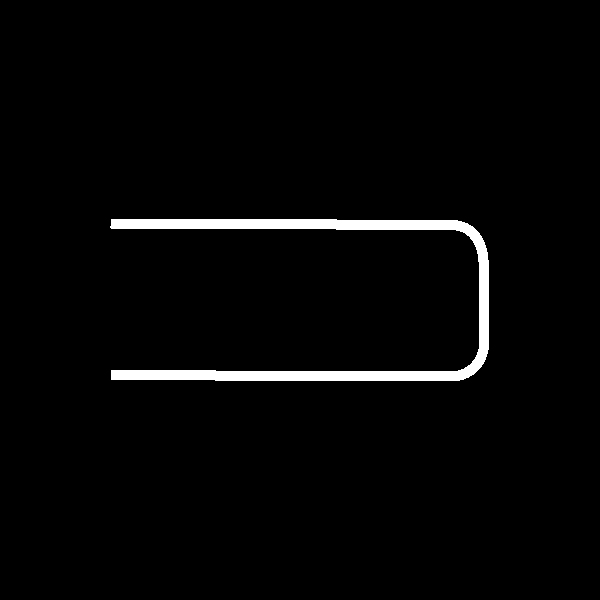
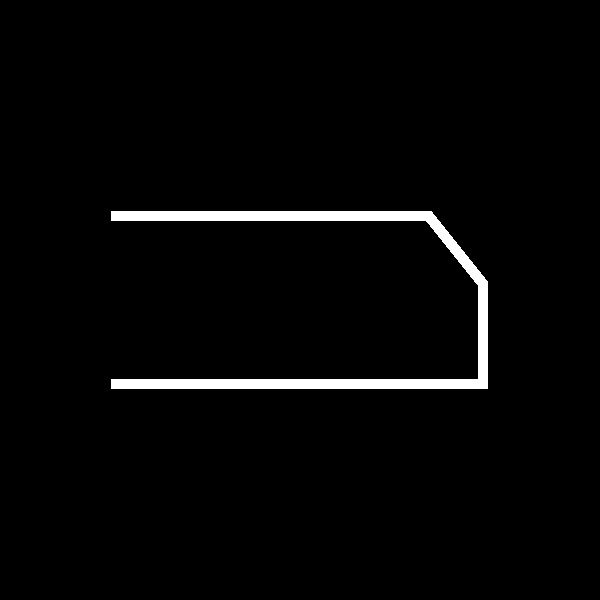
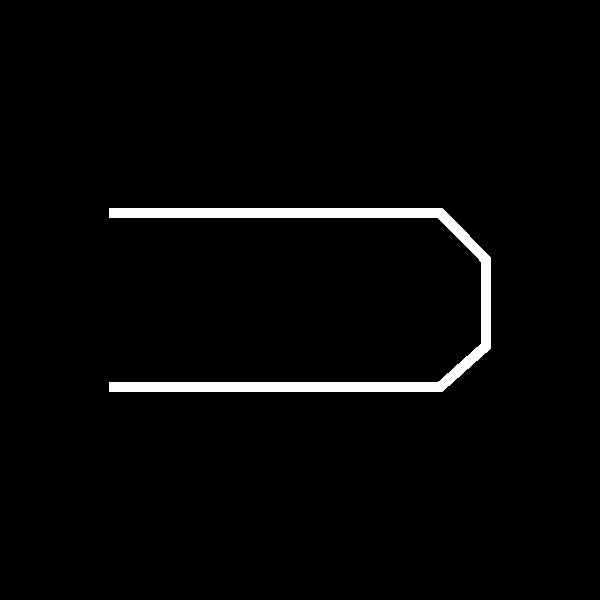
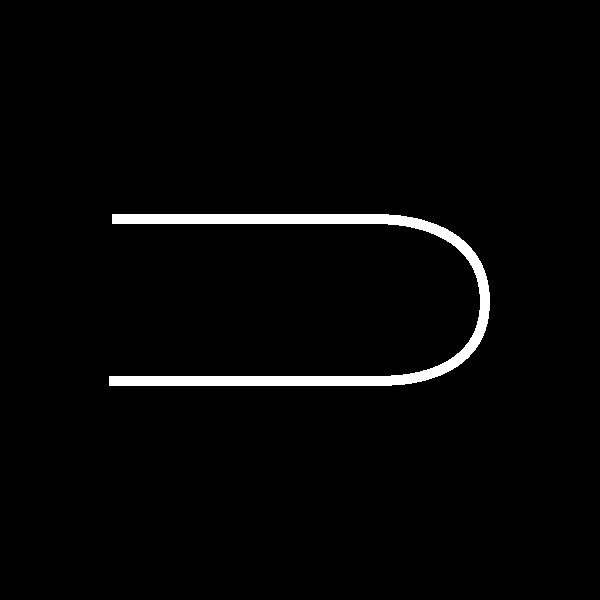
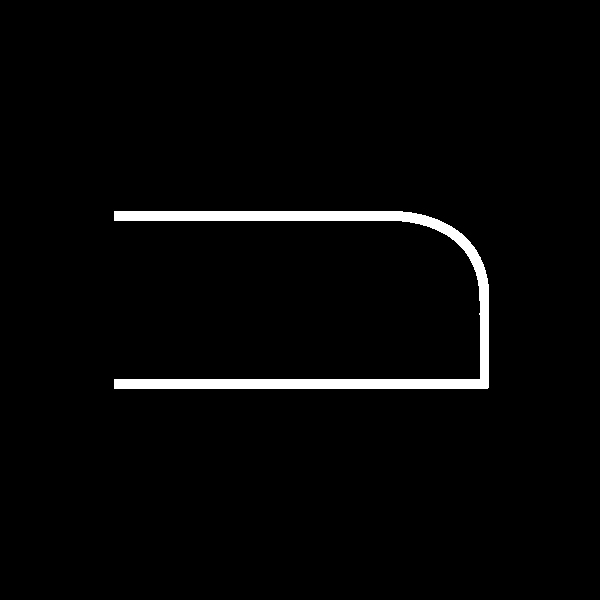
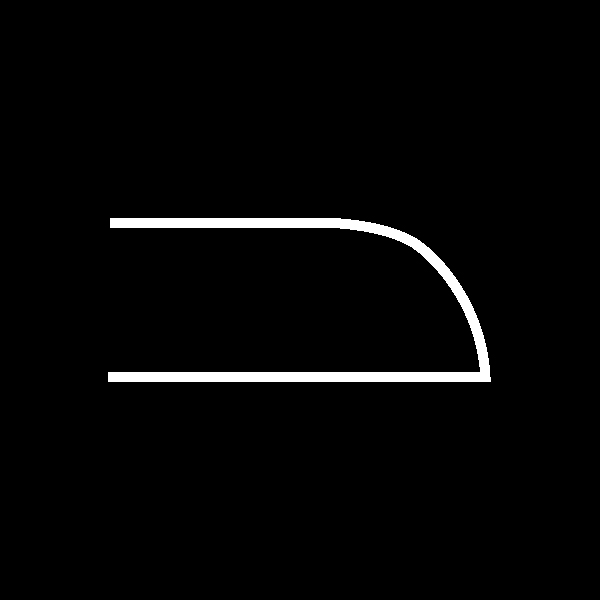
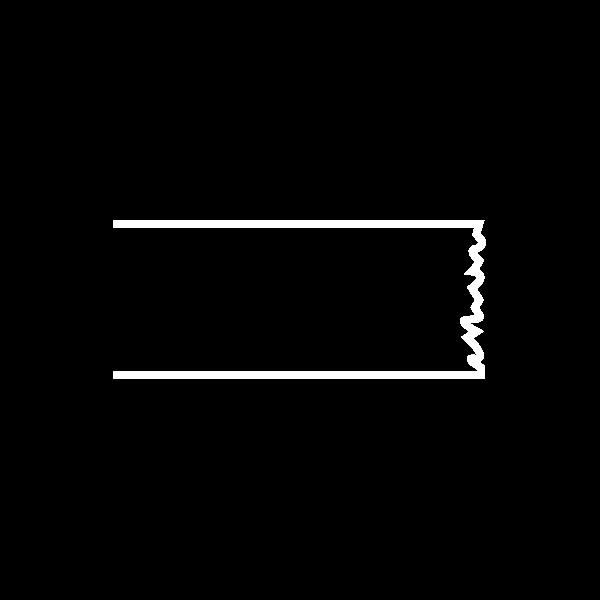
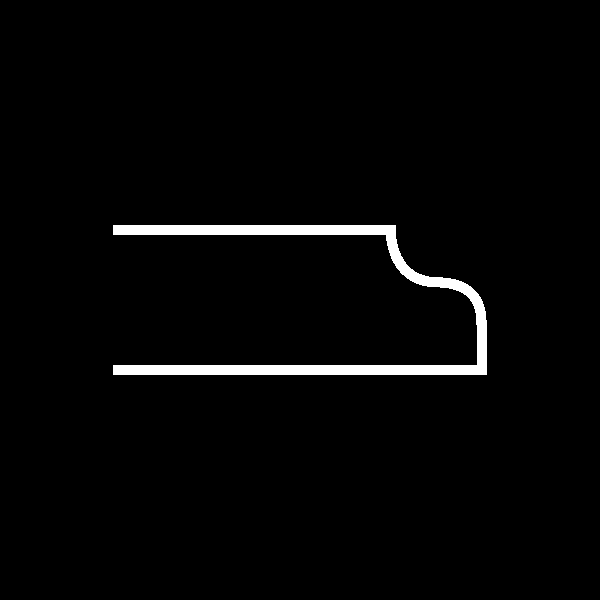
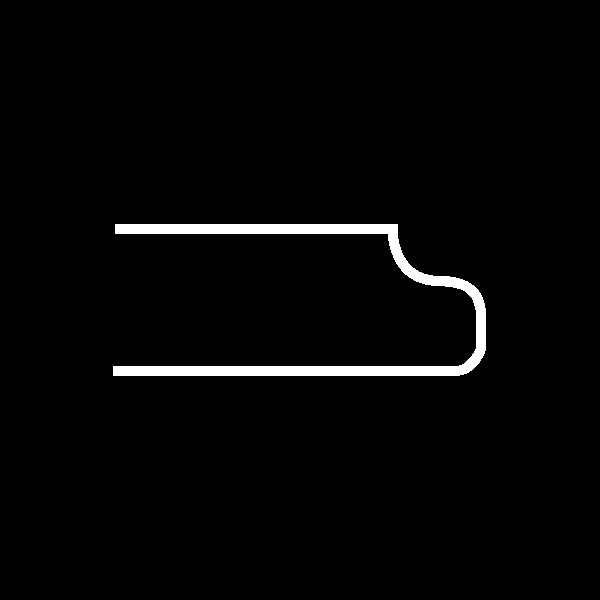

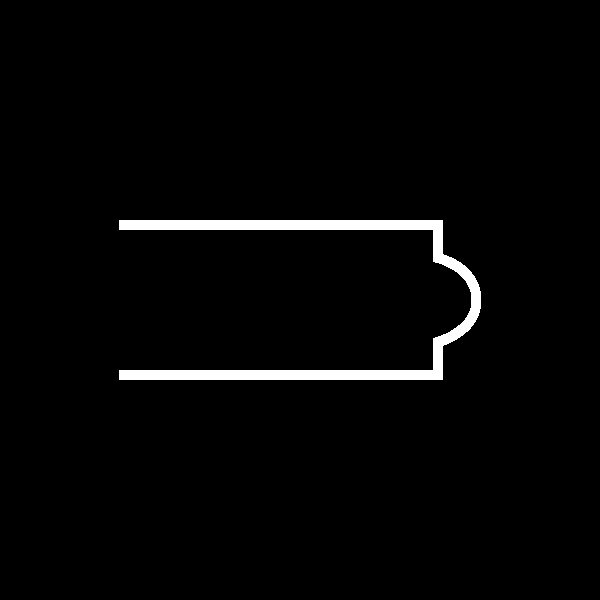
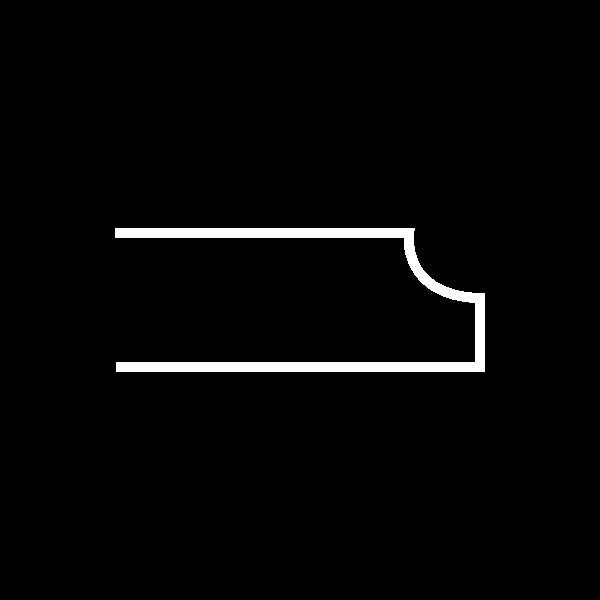
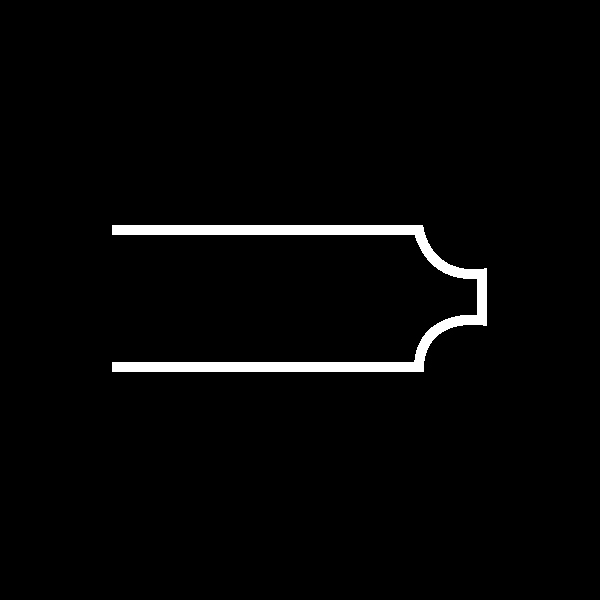
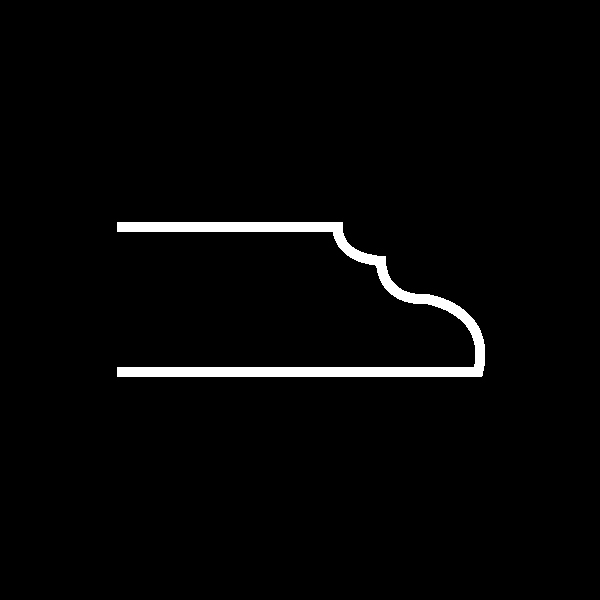
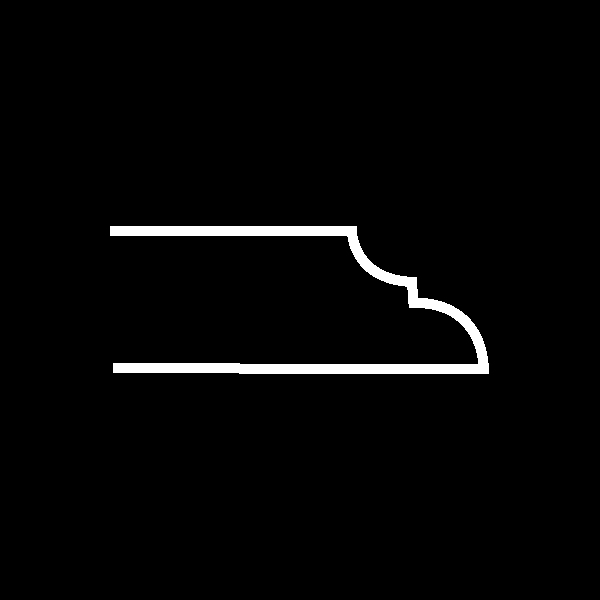
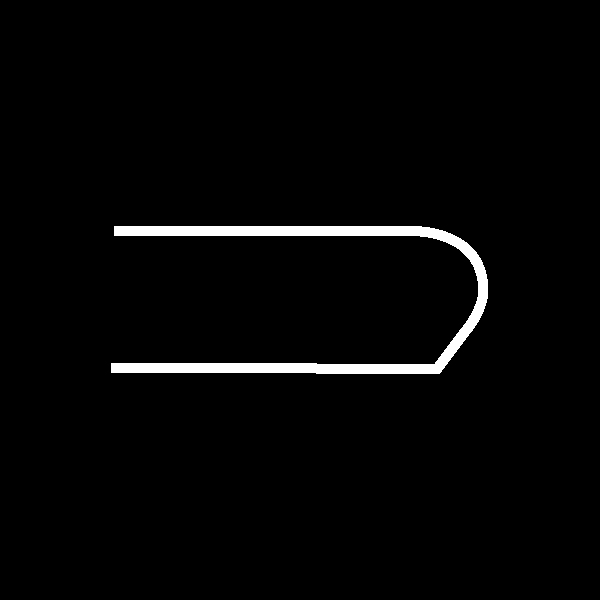
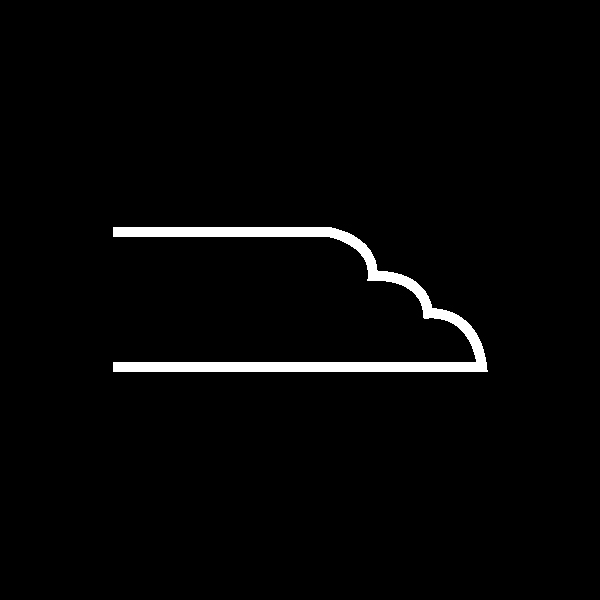
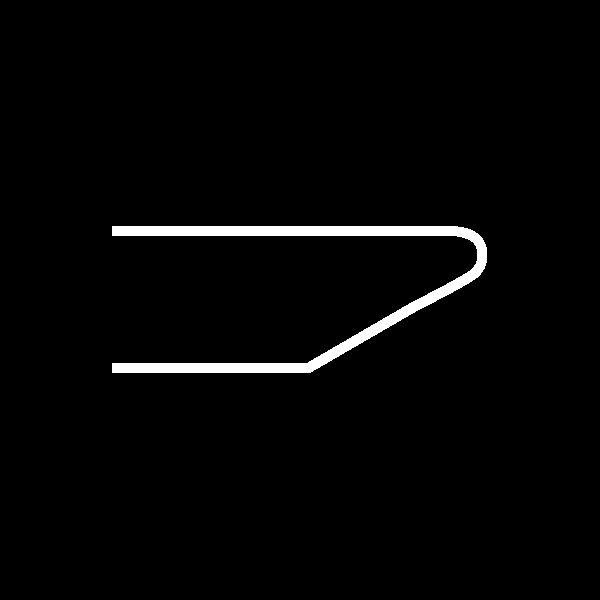
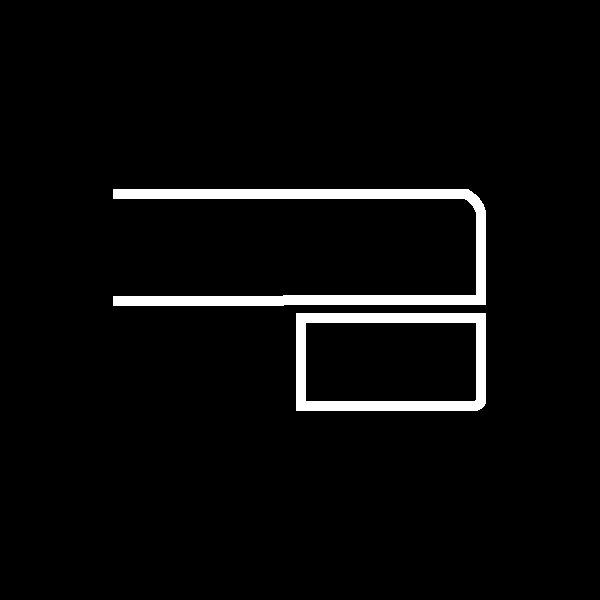
There are a variety of effects available to customize your finish visually.

A polished effect allows the stone to have a smooth and shiny surface.
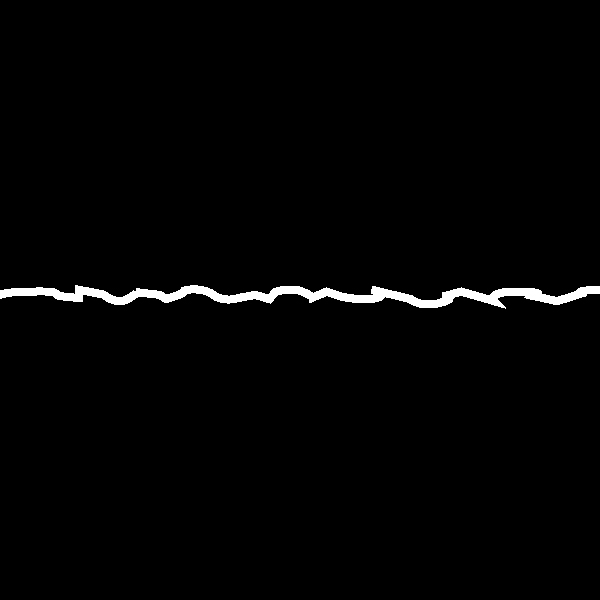
A honed effect creates a matte look and velvet-like touch.
Don’t see what you envisioned? We would be happy to custom match your control sample, please contact us for more information.
